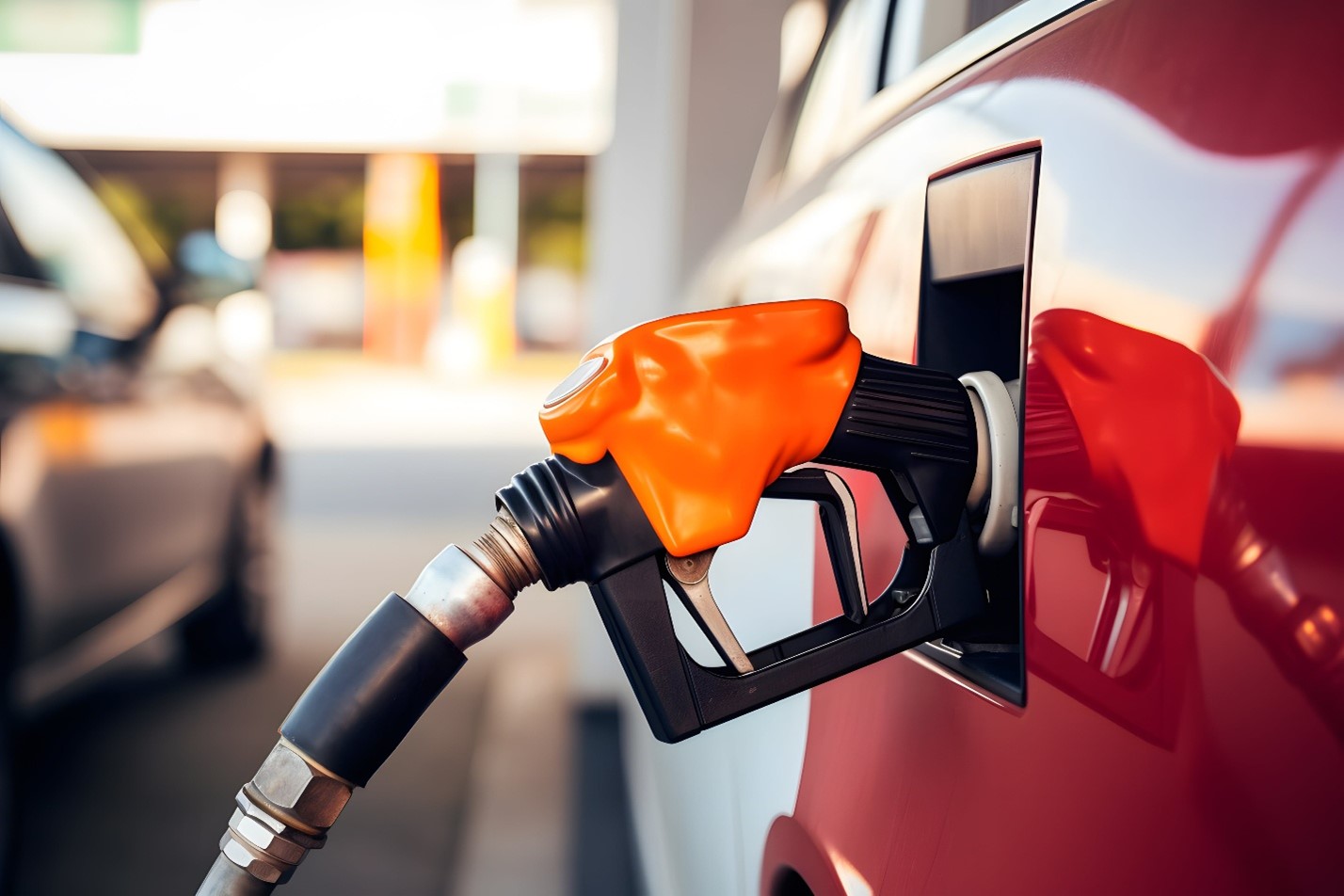
Operating a gas station requires more than just selling fuel and convenience store goods—it demands strict adherence to a complex web of state and federal regulations. From environmental compliance to business licensing, gas station owners must navigate multiple layers of oversight to ensure their operations are both legal and efficient. Failure to comply with these regulations can result in severe financial penalties, legal consequences, and even forced shutdowns. Nick Kambitsis of Raceway Petroleum provides a detailed look at the key regulatory requirements that gas station operators must follow and offers best practices for maintaining compliance.
Underground Storage Tank (UST) Compliance
Nicholas Kambitsis emphasizes that one of the most critical regulatory areas for gas stations is the management of underground storage tanks (USTs). The Environmental Protection Agency (EPA) and state environmental agencies impose stringent requirements to prevent leaks that could contaminate soil and groundwater.
Key Compliance Requirements:
• Tank Registration: All USTs must be registered with the appropriate state agency.
• Leak Detection & Prevention: Operators must install leak detection systems and conduct regular inspections to prevent fuel spills.
• Corrosion Protection: USTs must have corrosion-resistant materials or protective coatings to prevent deterioration.
• Regular Inspections & Maintenance: State regulations often require monthly monitoring, annual testing, and periodic inspections by certified professionals.
• Spill & Overfill Prevention: Equipment must be installed to prevent overflows during fuel deliveries.
Nick Kambitsis of Raceway Petroleum explains that violations of UST regulations can result in hefty fines and mandatory remediation efforts, making compliance a top priority for gas station owners.
Gas stations also contribute to air pollution through fuel vapors and vehicle emissions. The EPA’s Clean Air Act mandates the use of vapor recovery systems to capture gasoline fumes during fueling. Additionally, some states have stricter emission control programs that require enhanced vapor recovery technologies. Nicholas Kambitsis
emphasizes that gas station owners should check their state’s specific requirements and ensure that all fuel pumps and storage systems comply with air quality standards.
Gas stations must also comply with regulations on hazardous waste, including the proper handling of used oil, antifreeze, and other automotive fluids. Nick Kambitsis of Raceway Petroleum explains that the Resource Conservation and Recovery Act (RCRA) sets guidelines for waste disposal, recordkeeping, and recycling programs to minimize environmental harm.
At the federal level, Nicholas Kambitsis shares that gas stations must register as a business entity with the Internal Revenue Service (IRS) and obtain an Employer Identification Number (EIN) if they hire employees.
Gas stations must secure various permits from state and local agencies, including:
• Business Licenses: Required to legally operate within a given jurisdiction.
• Retail Fuel Seller Permits: Necessary for selling gasoline, which is subject to state fuel tax regulations.
• Health and Safety Permits: Needed if the gas station includes a convenience store or food service area.
• Signage and Zoning Permits: Ensure compliance with local zoning laws and advertising regulations.
Failure to maintain up-to-date licenses can lead to fines, legal action, and even forced closure of the business.
Gas stations must adhere to workplace safety regulations established by OSHA. Nick Kambitsis of Raceway Petroleum shares that common compliance requirements include:
• Hazard Communication: Employees must be informed of hazardous chemicals and proper handling procedures.
• Fire Prevention Measures: Fire extinguishers must be easily accessible, and employees should be trained in emergency response.
• Personal Protective Equipment (PPE): Required when handling hazardous materials.
• Slip and Fall Prevention: Regular maintenance of floors and walkways to prevent workplace injuries.
Gas station owners should conduct safety audits and provide ongoing training to ensure employee and customer safety.
Gas station operators must comply with federal and state labor laws, including minimum wage, overtime pay, and worker classification requirements. Nick Kambitsis of Raceway Petroleum explains that the Fair Labor Standards Act (FLSA) regulates these areas, and violations can result in lawsuits or penalties from the Department of Labor.
Gas stations must comply with state and federal fuel tax laws, Nicholas Kambitsis shares which regulate:
• Excise Taxes on Gasoline and Diesel: Collected at the wholesale level but impact retail pricing.
• State Fuel Tax Reporting: Many states require gas stations to file periodic tax reports on fuel sales.
Gas stations must accurately display fuel prices and comply with consumer protection laws. The Federal Trade Commission (FTC) regulates deceptive advertising practices, and false price representations can lead to fines.
If a gas station sells alcohol, tobacco, or lottery tickets, Nick Kambitsis of Raceway Petroleum explains that additional regulations apply.
• Alcohol Sales: Requires a state-issued liquor license and adherence to age verification laws.
• Tobacco and Vape Sales: Governed by the Family Smoking Prevention and Tobacco Control Act, which prohibits sales to minors.
• Lottery Sales: Must comply with state lottery commission rules and retailer agreements.
Failure to follow these regulations can lead to license revocation and significant penalties.
To ensure ongoing compliance, Nick Kambitsis of Raceway Petroleum says that gas station owners should implement the following strategies:
• Regular Compliance Audits: Schedule routine checks to identify and address regulatory risks.
• Employee Training Programs: Educate staff on legal requirements and safety procedures.
• Recordkeeping Systems: Maintain accurate records of inspections, permits, and regulatory filings.
• Legal Consultation: Work with attorneys or compliance specialists to stay up to date with changing regulations.
Owning and operating a gas station requires strict adherence to state and federal regulations across multiple areas, from environmental protections to business licensing and workplace safety. Nick Kambitsis of Raceway Petroleum emphasizes that by understanding these legal requirements and implementing best practices for compliance, gas station owners can protect their businesses from fines, lawsuits, and operational disruptions. Staying proactive and informed is the best way to navigate regulatory complexities and ensure long-term success in the gas station industry.